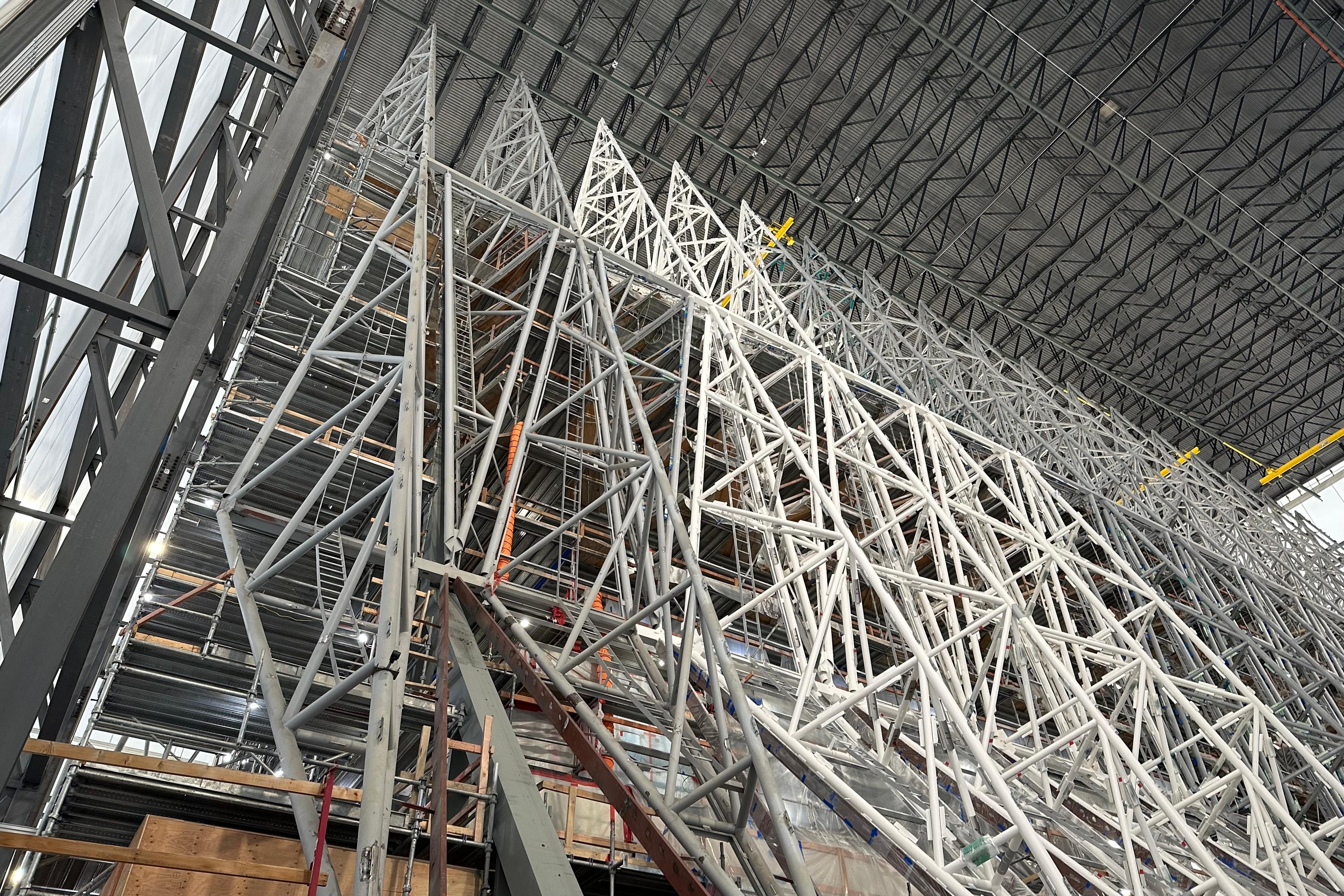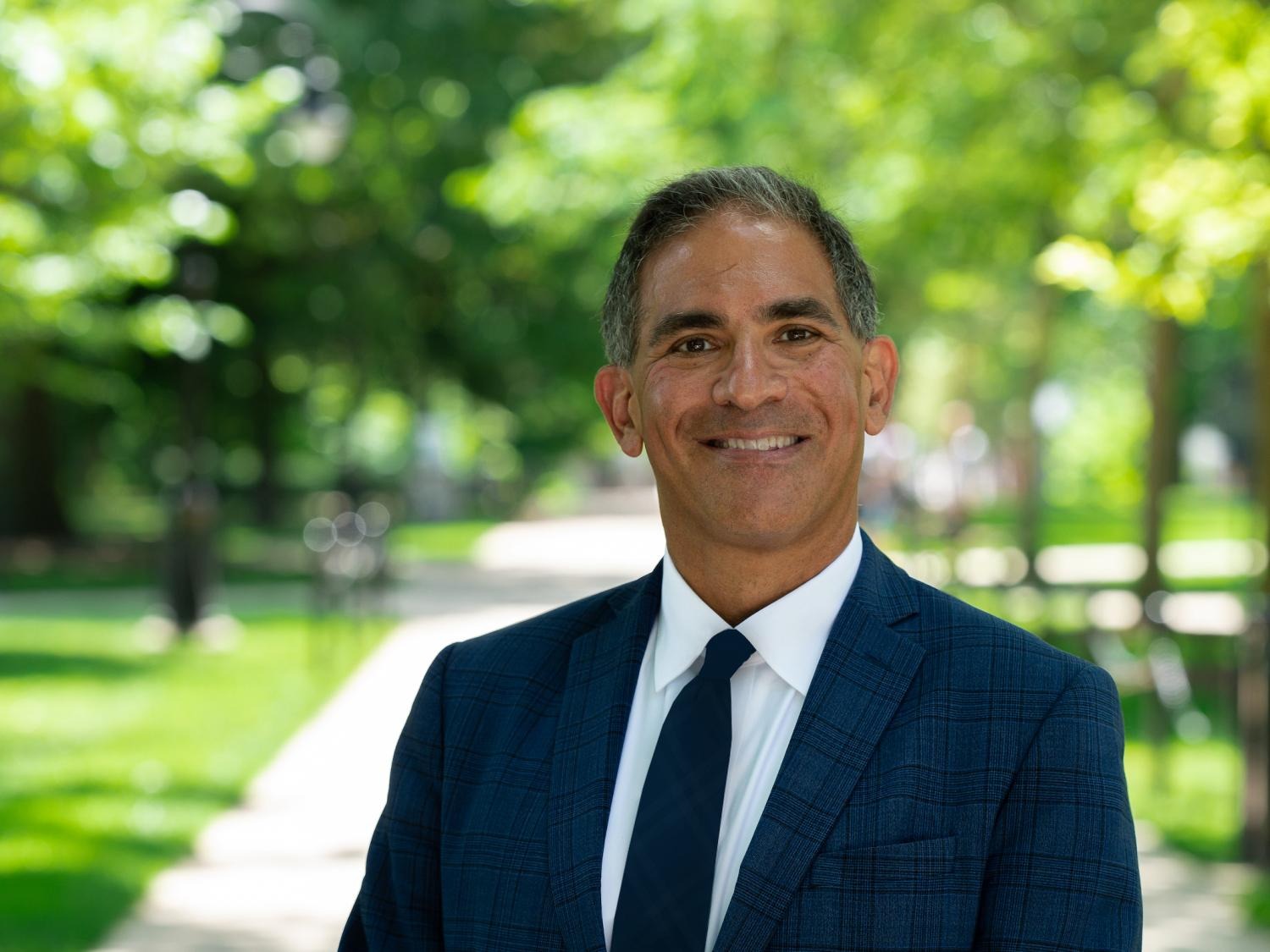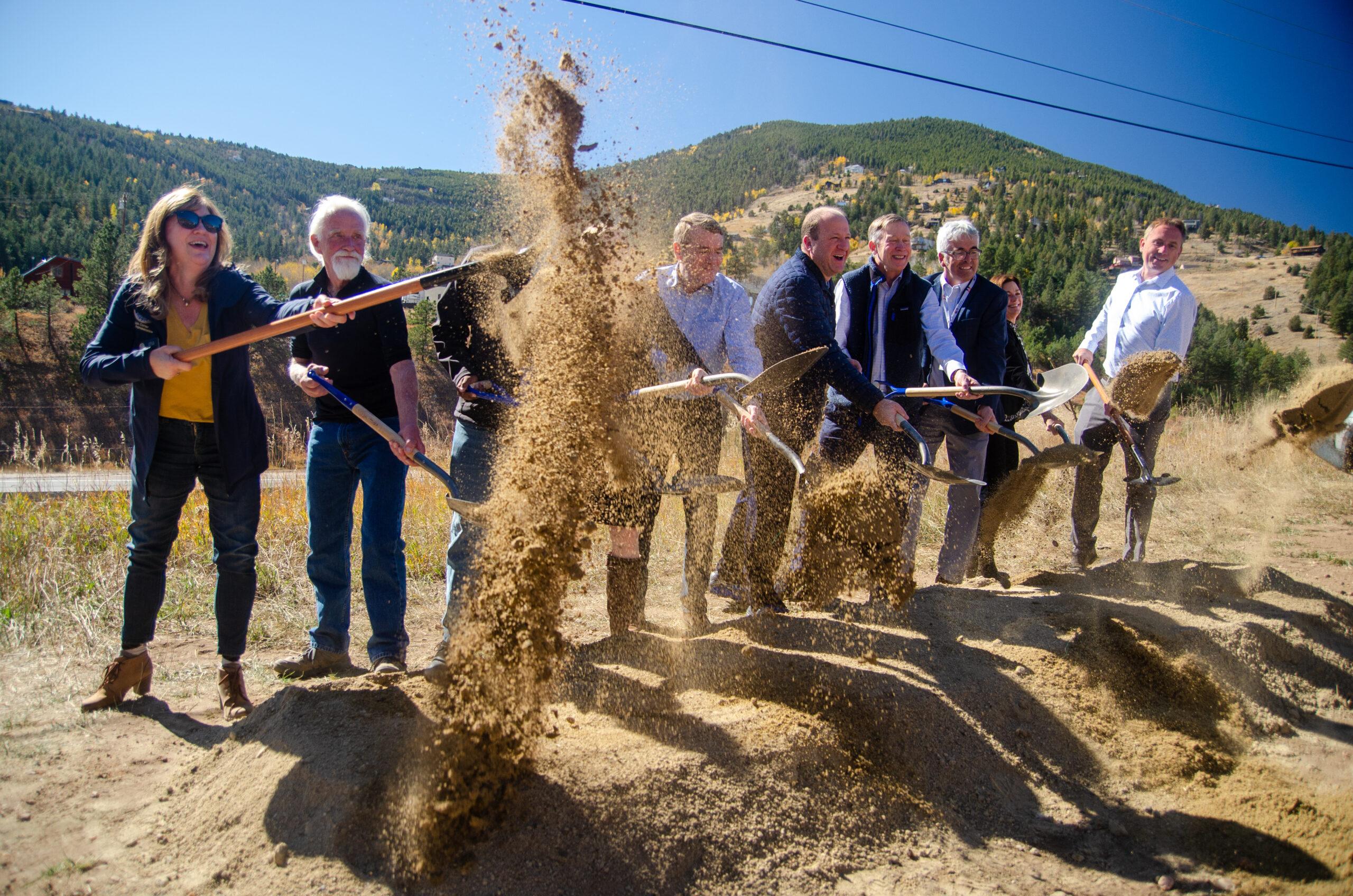
Colorado’s top elected officials threw a jovial first shovelful of dirt Wednesday to celebrate the groundbreaking of a long-sought project: The expansion of Interstate 70 at Floyd Hill, one of the most notorious pinch points in Colorado’s entire mountain road network.
“Help is on the way,” Gov. Jared Polis said.
The project, estimated to cost $700 million, is now fully funded with a mix of state and federal money, Polis announced. The expansion will add a westbound toll lane, a new eastbound climbing lane for slow vehicles, wildlife crossings and fencing, a new frontage road, and other improvements. Those will all add up to smoother travel for motorists, cyclists and transit riders, officials say.
“We’re giving Colorado the roads and highways we deserve,” Polis said. “We’re fixing the darn roads.”
CDOT has been eyeing the project for decades, said chief engineer Steve Harelson. It’s one of the last major “minimum” projects outlined in a massive 2011 study that charted the future of the entire I-70 mountain corridor.
“Looking back at all of the effort and the culmination of so much work, it’s almost like a graduation,” Harelson said. “But now the hard work begins.”
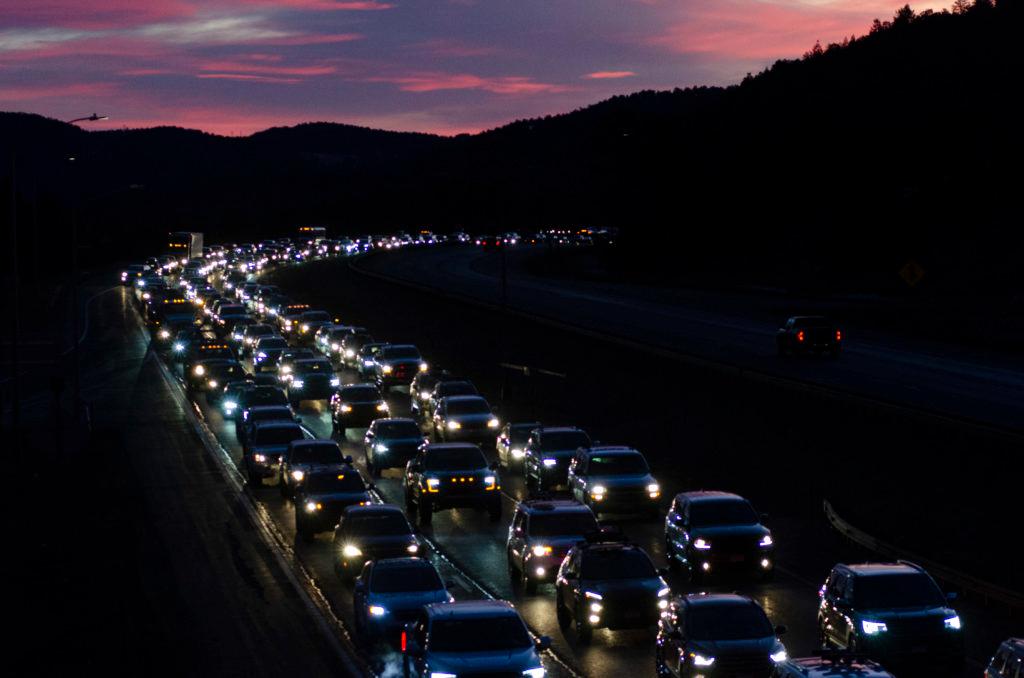
The first round of improvements include a new wildlife crossing near Genesee and new roundabouts on parallel U.S. Highway 40. Construction on I-70 itself will begin in earnest next year and is scheduled to wrap up in 2027.
The expansion project coincides with the recent launch of a new state-run I-70 transit service, which CDOT touts as one way it’s attempting to curb greenhouse gas emissions. CDOT estimates the project will actually reduce carbon emissions because they predict a wider road will reduce congestion and lead to higher traveling speeds.
Environmental groups are skeptical of that claim, saying more lanes will attract more drivers who’ve avoided traveling the traffic-choked stretch for years.
“There are reasons to fix the segment from a safety perspective, but we should not pretend this billion-dollar highway expansion is good for the climate,” Matt Frommer, senior transportation associate with the Southwest Energy Efficiency Project said in an email.
Asked whether the highway expansion causes him any concern from a climate perspective, Polis mentioned the state’s push for the rapid adoption of electric vehicles and expanded statewide transit service. But the point of the Floyd Hill project is to make it easier for people to move freely, he added.
“Whether you drive an electric car, or whether it's a bus, or whether you drive a car with an internal combustion engine, you need a road to get where you want to go,” he said. “And until there is a successful engineering and economics case for the high-speed rail that I think is inevitable in this corridor, people are going to be getting to where they go with vehicles.”
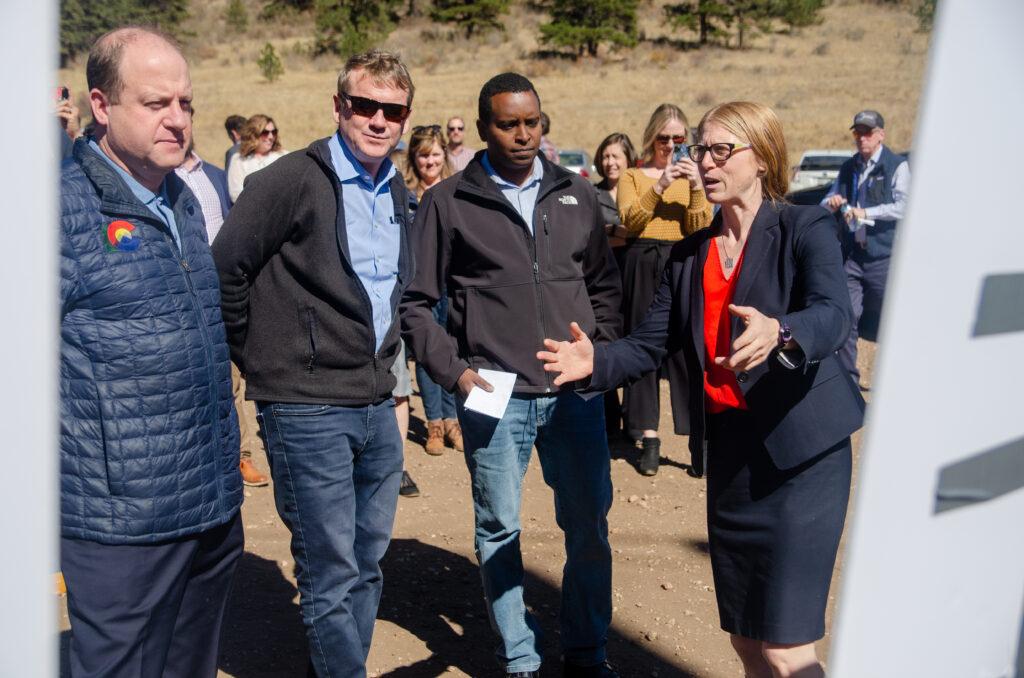
Coloradans will always want mobility, added Sen. John Hickenlooper, calling it an “essential part of modern life.” The highway expansion will allow for that, he said — and make better use of future improvements to technology through vehicles electrification and automation.
“What these guys have done is design a component to make our lives more efficient and easier, and less stressful and safer and faster,” Hickenlooper said. “But at the same time, creating lots of opportunity for what that future’s going to look like.”
One local official, though, struck a slightly more somber note. Clear Creek County Commissioner Randy Wheelock has been a loud supporter of the expansion project, and is also an advocate for climate action. He’s hopeful that the expansion will alleviate congestion and reduce the emissions of cars that are no longer idling on the highway.
But, he added, the project’s climate success depends on people changing their behavior — to buy electric cars, ride transit, and avoid traveling at peak times.
“I don't want us to be an oppressive government that makes somebody get a permit to leave their house. We're not gonna do that,” he said. “But we have to have a way that people buy into the idea that there are limitations to where and when they can go or where and when they should go. … And if you can't go in a way that's sustainable, then you ought not to go unless you absolutely have to.”

